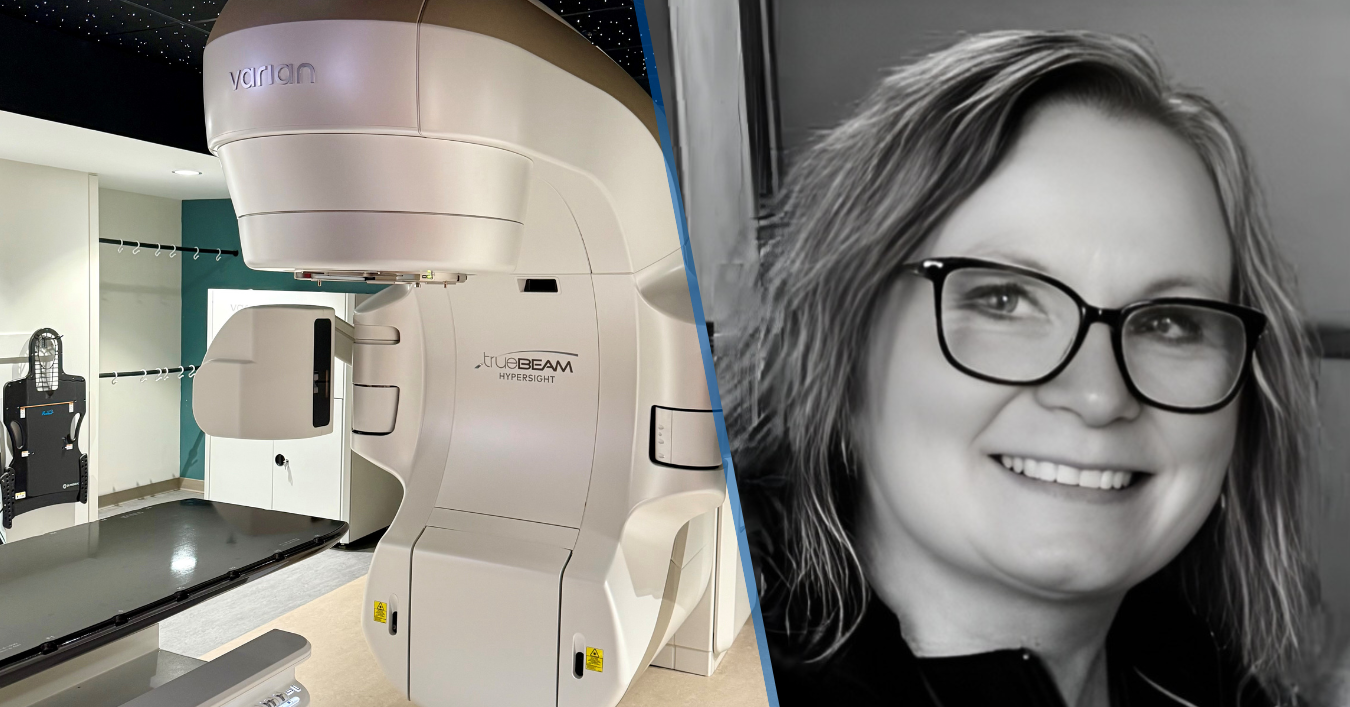Foods you should eat for a healthy colon
Having a healthy diet is a vital part in living a healthy life. However, most people don’t start considering their colon health until they reach their 50’s. Colorectal cancer is the third most commonly diagnosed cancer in both men and women. One in 22 men and one in 24 women will be diagnosed with colorectal cancer in their lifetime.
The good news? Colorectal cancer can be detected early and also can be curable. Use these tips to help lower your chances for colorectal cancer.
Focus on fiber
Increasing your soluble and insoluble fiber intake assists your colon with a wide range of gastral problems, including colorectal cancer, diverticular disease, and constipation. Great foods to help increase your fiber intake include whole grains, bran, oatmeal, almonds and more. The average person consumes around 15 grams of fiber a day, but 25 to 30 grams is ideal.
Reduce sugar
Lowering your sugar intake can make a vast change in your colon health. While sugar has not been directly linked with the development of colon cancer, foods high in sugar are often high in calories and can lead to weight gain and obesity.
Limit alcohol and red meat
A little alcohol can occasionally be okay, but studies have shown that excessive drinking has been linked to colon cancer. According to the American Cancer Society, 2 drinks a day for men and 1 drink a day for women are a suitable amount.
Limiting your red meat and processed meats can help with reducing saturated fat intake. Fatty cuts of meat high in saturated fat have been linked to an increased risk of colon cancer. Processed foods such as hot dogs, bacon, salami, and deli meats are also high in saturated fat and should only be consumed in limited quantities.
Focus on omega-3s
Salmon is a great way to receive nutrients you need for a healthy colon. You’ll get omega-3s as well as vitamin D in 3-ounces of salmon. Omega-3s found in many types of fish can reduce inflammation and improve the function of colon cells.
Most doctors agree that adults should have a colonoscopy at age 50 and, if normal results, a follow-up colonoscopy every 10 years annually. However, doctors have recognized several risk factors that are believed to make some individuals more susceptible to developing colon cancer, and therefore may consider testing at a younger age. These risk factors include:
- Having a first-degree relative whose been previously diagnosed
- Being of African-American descent
- Having certain hereditary conditions
If it’s time for your colonoscopy or you think you may be at risk because of the above factors, your primary care doctor can help. If you need a physician, our team is here for you. Reach out to find a doctor or learn more about your colon health today.





